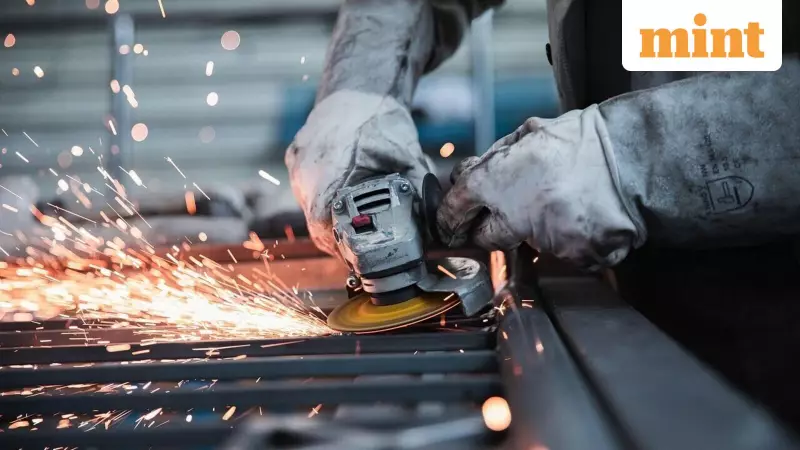
The Indian government is set to temporarily relax import restrictions on approximately 55 types of specialty steel that are either not manufactured domestically or produced in limited quantities. This strategic move aims to bridge critical supply gaps affecting key industries including automotive, transformers, and electrical equipment manufacturing.
Import Rules Overhaul
According to two senior steel ministry officials who spoke anonymously to Mint, the government plans to suspend strict Quality Control Orders (QCO) for these specialty steel products for periods ranging from one to three years. Previously, companies could only import these materials from a limited list of government-approved suppliers, making sourcing both difficult and expensive for Indian manufacturers.
The relaxation will cover 42 steel categories with a three-year suspension and another 13 specialty steel categories with a one-year suspension, following recommendations from a high-level committee for regulatory reforms. A formal gazette notification announcing these changes is expected before the end of November 2025.
Balancing Domestic Production and Immediate Needs
The timing of this import relaxation coincides with the newly announced Production-Linked Incentive (PLI) scheme for steel, which covers 22 product sub-categories including super alloys, CRGO, alloy forgings, stainless steel, titanium alloys, and coated steels. The PLI 1.2 scheme offers incentive rates from 4% to 15%, applicable for five years starting FY26, with disbursal beginning in FY27.
A steel ministry official explained that imports will serve as a stopgap measure until domestic production of these specialized steel categories increases over the coming year. "We do not see any immediate impact on steel prices as most of these items are not made in India or have low production quantities. However, we are balancing out between demand from end user industries that want lower priced options and producers who are seeking protection," the official stated.
Market Impact and Protective Measures
While the full impact on domestic steel prices remains unclear until specific grades are finalized, industry experts suggest the move could potentially lead to lower local steel prices. The primary beneficiaries of this policy change are expected to be steel exporters from China and Vietnam, among other countries.
However, the government has implemented counter-measures to protect domestic producers. Safeguard duties will continue on steel imports from China, Korea, and Japan, while anti-dumping duties remain imposed on Vietnamese steel products. Additionally, quality controls will be maintained for steel imported for healthcare devices and defense sectors due to national interest considerations.
Dhruv Goel, CEO of Big Mint commodities market intelligence firm, commented: "NITI Aayog has recommended excluding certain grades from the Quality Control Order. The price impact remains unclear until the specific grades are finalized. However, with safeguard duties on steel imports likely to be extended, any quality-related exemptions may have a limited effect on the overall market."
Current data from the steel ministry for April to September shows domestic finished steel production at 78.445 million tonnes (up 10.9%) and consumption at 78.86 million tonnes (up 8.3%). India remained a net importer of finished steel at 3.345 million tonnes during this period, though imports declined by 29.4% while exports increased by 21.6% to 2.810 million tonnes.






